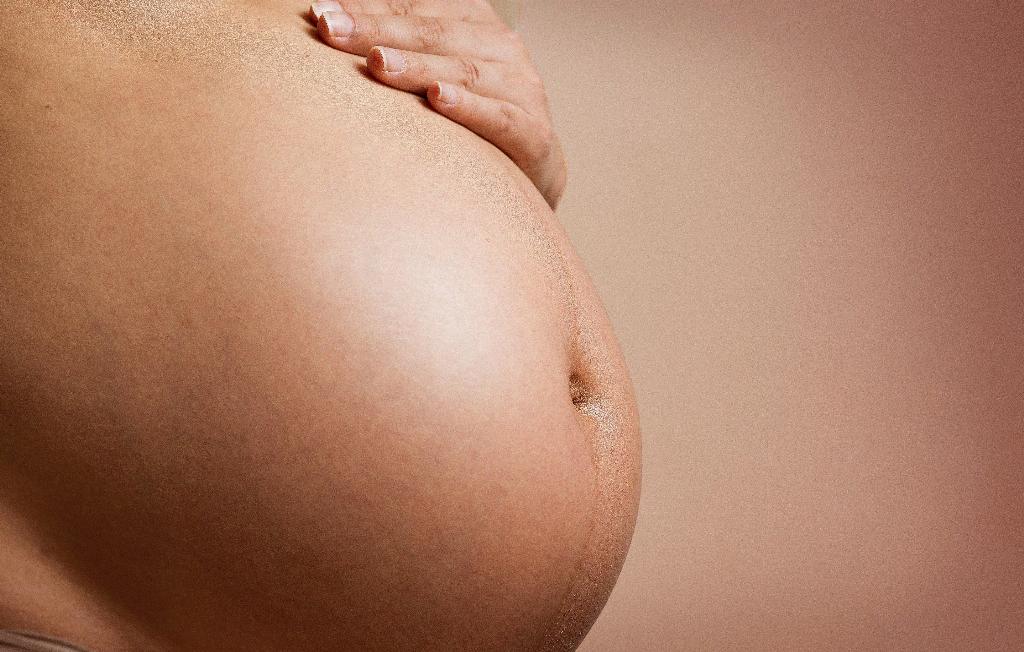When it comes to pregnancy, one of the most common questions expectant mothers have is, “What is the breakdown of baby weight?” Understanding how the weight gained during pregnancy is distributed can help demystify the process and provide valuable insights into the changes happening in your body.
The Weight of the Baby
The baby itself accounts for a significant portion of the weight gained during pregnancy, typically weighing around 7 to 8 pounds at birth. This weight includes the baby’s body, organs, and overall development, which contribute to the overall weight gained during pregnancy.
The Role of the Placenta
Another essential component of the weight gained during pregnancy is the placenta, which typically weighs between 1 to 2 pounds. The placenta plays a crucial role in supplying the baby with essential nutrients and facilitating the exchange of oxygen and waste products between the mother and the baby.
Importance of Amniotic Fluid
Amniotic fluid, which surrounds and protects the baby in the womb, also contributes to the weight gained during pregnancy. On average, the amniotic fluid weighs around 2 pounds and serves as a cushion for the baby, allowing them to move and grow comfortably within the uterus.
The Weight of the Uterus
Additionally, the uterus itself gains weight during pregnancy, with an average weight of about 2 pounds. This weight includes the expansion of the uterus to accommodate the growing baby, as well as the increased blood flow and tissues necessary to support a healthy pregnancy.
Maternal Weight Gain
It is important to note that maternal weight gain is also a significant factor in the overall breakdown of baby weight. As the body prepares for childbirth and breastfeeding, women naturally gain weight in the form of increased blood volume, breast tissue, and stores of fat to support the baby’s development and nourishment.
Changes in Body Composition
Throughout pregnancy, women experience numerous changes in their body composition, with the weight gain distributed among various components essential for supporting a healthy pregnancy and childbirth. Understanding how these changes occur can help expectant mothers better appreciate the incredible process of creating new life.
Monitoring Weight Gain
Monitoring weight gain during pregnancy is crucial for ensuring both the mother and baby’s health. By keeping track of how the weight is distributed and making healthy choices regarding diet and exercise, women can support their body’s natural process of pregnancy and childbirth.
Impact on Postpartum Recovery
Understanding the breakdown of baby weight can also have implications for postpartum recovery. By recognizing how the body changes during pregnancy and childbirth, women can better prepare for the physical and emotional adjustments that come with welcoming a new baby into their lives.
Embracing the Journey
Ultimately, the breakdown of baby weight is a natural and essential part of the pregnancy journey. By embracing the changes happening in the body and appreciating the incredible process of creating new life, women can find empowerment and strength in the journey to motherhood.

